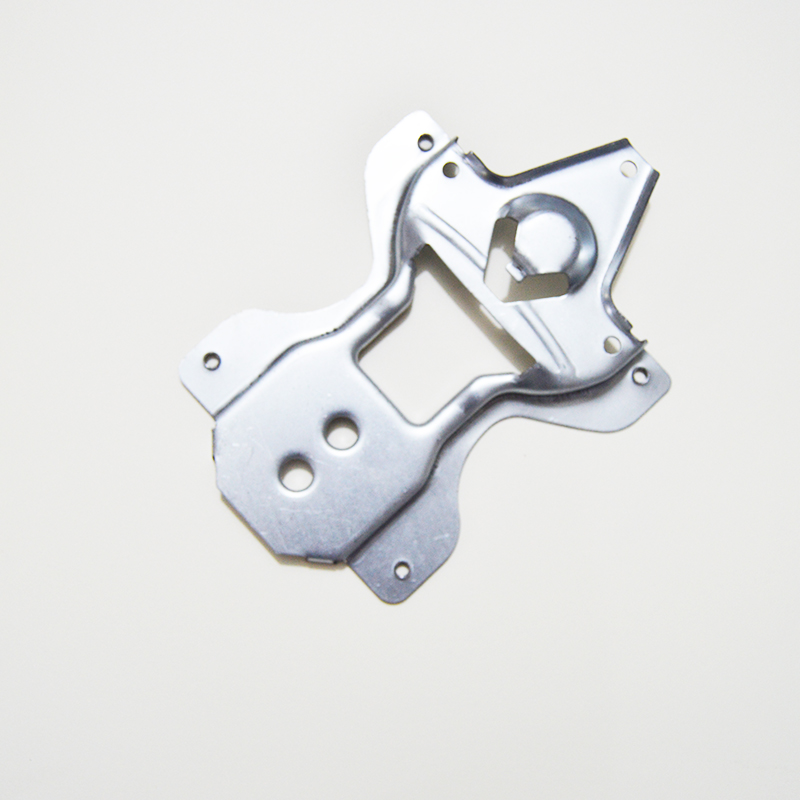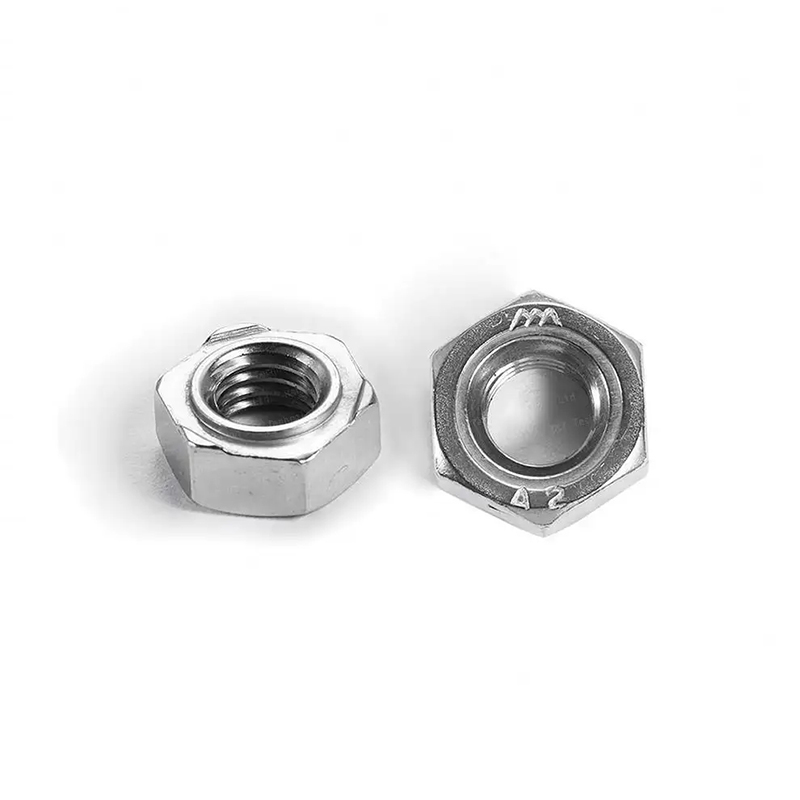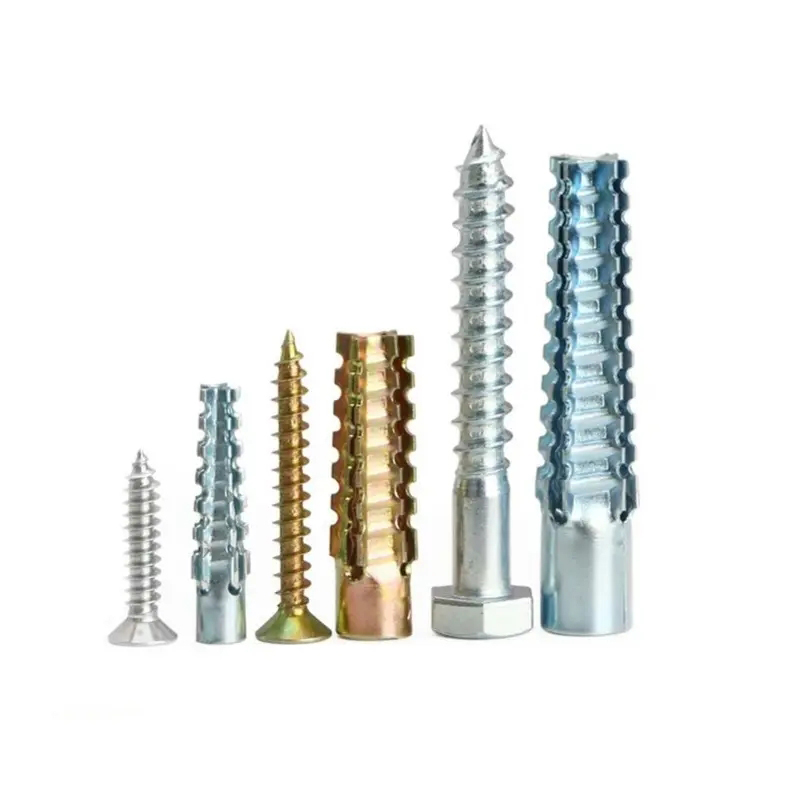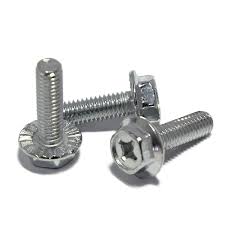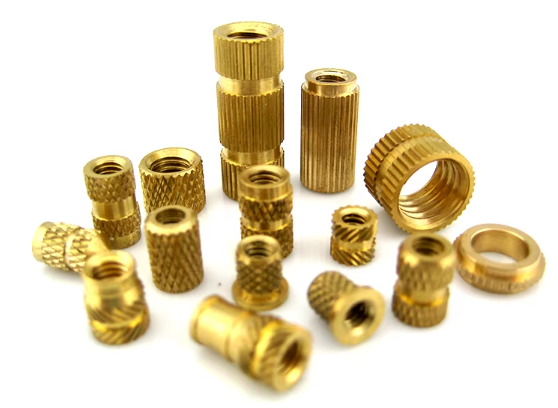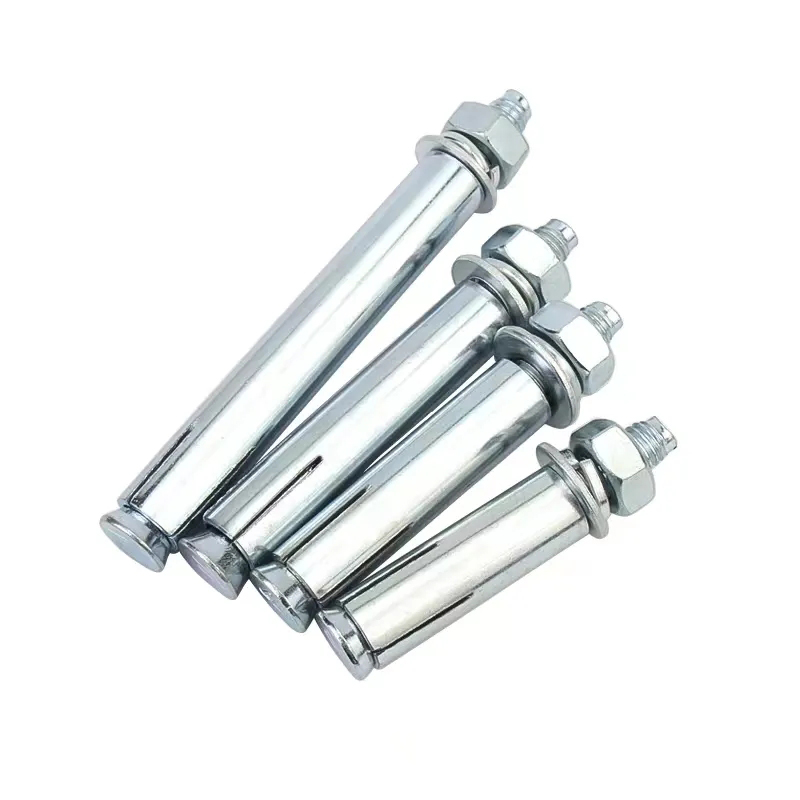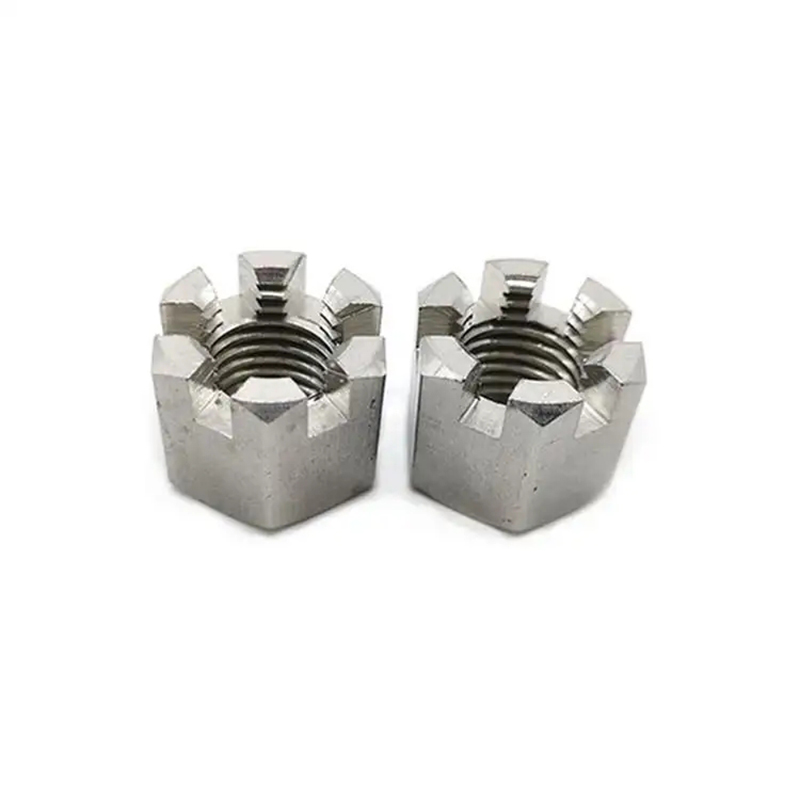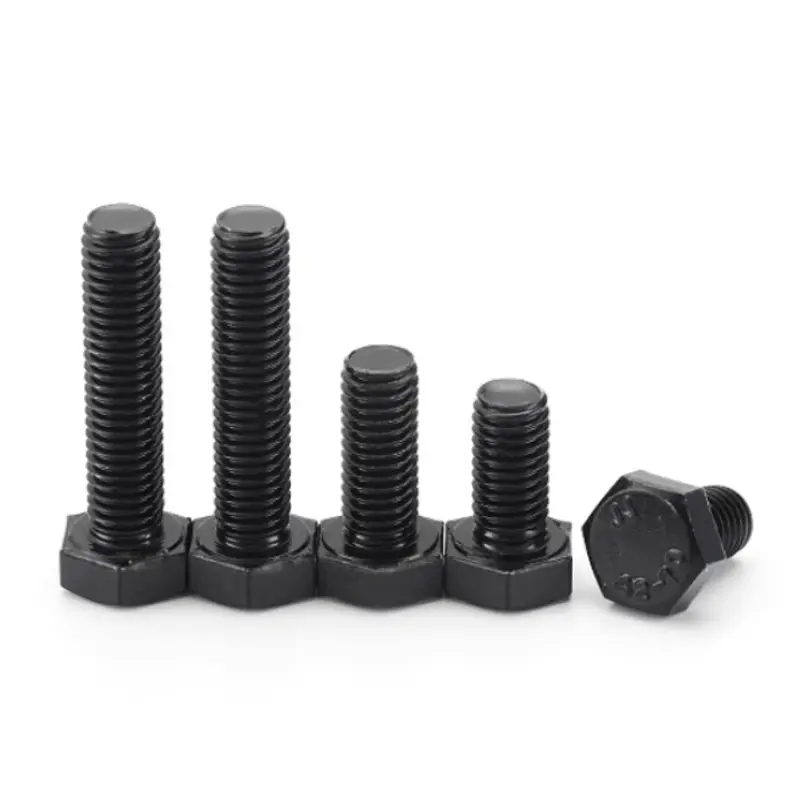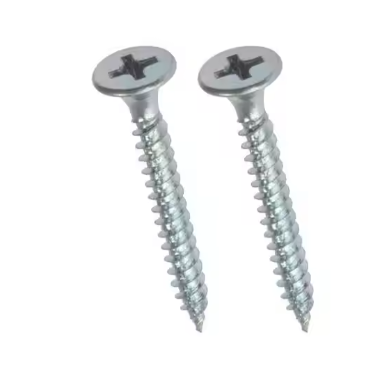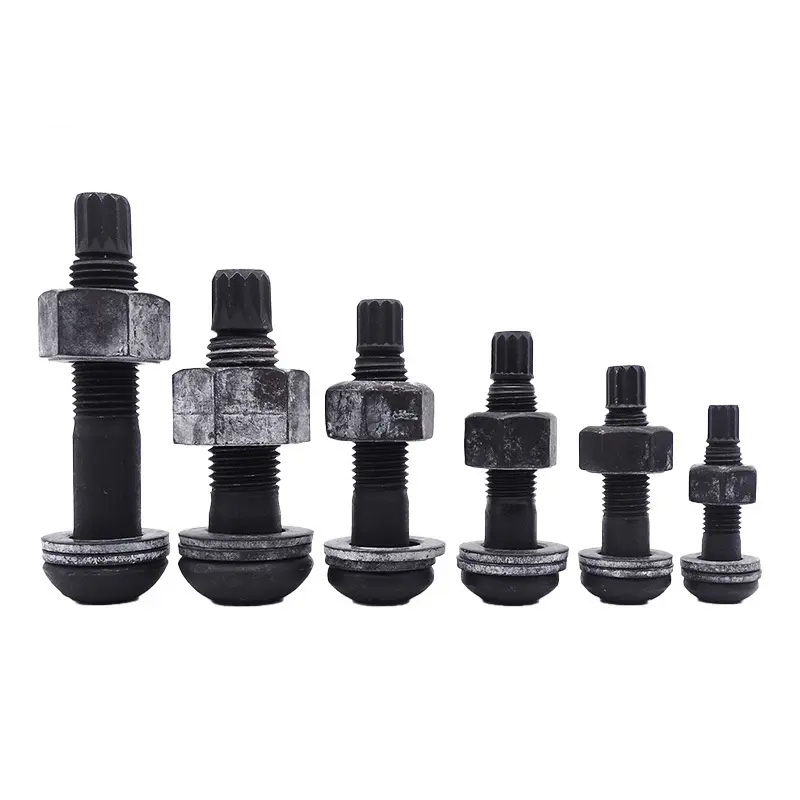

M12 Hex Nut: A Comprehensive GuideThis article provides a detailed overview of M12 hex nuts, covering their specifications, applications, materials, and selection criteria. We'll explore different types, discuss quality considerations, and offer guidance on choosing the right M12 hex nut for your specific needs.
Choosing the right fastener is crucial for any project, ensuring both safety and functionality. This guide focuses on M12 hex nuts, providing comprehensive information to aid in your selection process. We’ll delve into the various aspects of these nuts, from their specifications and applications to the materials they're made from and critical considerations for choosing the right one for your particular needs. Understanding these details will empower you to make informed decisions and ensure your projects are built to last.
The designation M12 refers to the metric size of the M12 hex nut. The M indicates a metric thread, and 12 denotes the nominal diameter of the bolt or screw it's designed to fit – 12 millimeters. This diameter is crucial for ensuring a secure and proper fit. Other important specifications include:
The thread pitch, or the distance between adjacent threads, is another key specification. Common thread pitches for M12 nuts include 1.25mm and 1.75mm. The correct pitch is essential for a secure connection. Incorrect thread pitch will prevent the nut from properly engaging the bolt.
M12 hex nuts are manufactured from a variety of materials, each with its own properties and applications. Common materials include:
The height of the nut influences its strength and how it fits within an assembly. The surface finish can impact corrosion resistance and appearance. Common finishes include zinc plating, nickel plating, and powder coating.
M12 hex nuts are extremely versatile fasteners used in a wide range of applications across numerous industries. Their strength and reliability make them suitable for:
Selecting the appropriate M12 hex nut involves careful consideration of several factors:
Always source your M12 hex nuts from reputable suppliers to ensure high quality and consistency. Look for nuts that meet relevant industry standards and specifications. Compromising on quality can lead to fastener failure and potential safety hazards. For high-quality M12 hex nuts, consider exploring suppliers like Hebei Dewell Metal Products Co., LTD.
| Material | Strength | Corrosion Resistance | Cost |
|---|---|---|---|
| Steel (Galvanized) | High | Good | Low |
| Stainless Steel (304) | High | Excellent | Medium |
| Brass | Medium | Good | Medium-High |
| Nylon | Low | Excellent | Medium |
Remember to always consult relevant standards and specifications for your specific application. The information provided here is for general guidance only.

